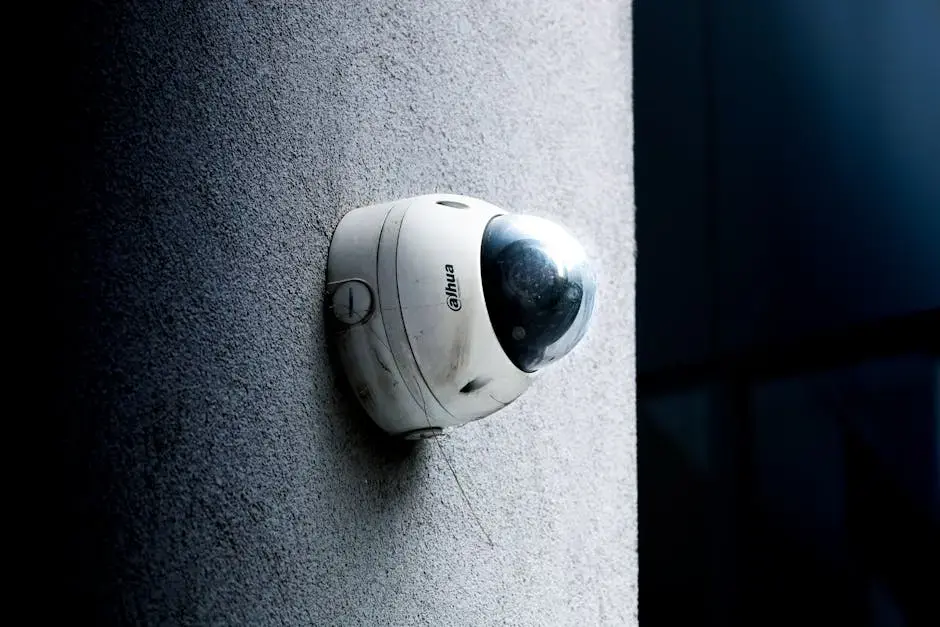The Evolution of Professional Bodyguards: From Ancient Times to Modern-Day Security
- VIP Close Protection
- Apr 29, 2024
- 4 min read
Introduction to professional bodyguards
In ancient times, wealthy individuals and rulers were protected by warriors or strong individuals chosen for their ability to keep them safe. These early bodyguards primarily focused on physical strength and combat skills to defend their clients. Over time, the role of bodyguards evolved to include aspects like strategic planning, risk assessment, and conflict resolution. Today, professional bodyguards are trained in various security tactics and technologies to ensure the safety of their clients in a range of situations.

The role of bodyguards in ancient times
In ancient times, bodyguards served the noble and wealthy to protect them from potential dangers. They were highly skilled individuals trained in combat and vigilance, ready to defend their clients at a moment's notice. Bodyguards in ancient times were not only physically strong but also vigilant and sharp-witted, always on the lookout for any potential threats. These protectors played a crucial role in safeguarding the lives of their clients in a time when security was uncertain and dangers were often lurking around the corner.
Advancements in bodyguard techniques through history
Throughout history, bodyguard techniques have evolved to provide better security for their clients. In ancient times, bodyguards primarily focused on physical protection using weapons and combat skills. Over time, advancements in technology and tactics led to the development of more sophisticated methods. Today, modern bodyguards are trained in a variety of disciplines, including threat assessment, emergency response, and intelligence gathering. These advancements have enhanced the effectiveness and professionalism of bodyguard services, ensuring the safety of their clients in an ever-changing world.
Professional bodyguard training and skills
Professional bodyguards undergo rigorous training to develop essential skills for protecting their clients. Some key training aspects include defensive driving, first aid, crisis management, and firearms proficiency. Bodyguards must possess sharp observation skills, quick reflexes, and the ability to make split-second decisions under pressure. Effective communication and the capability to blend in with their surroundings are vital for successful protection. To excel in this field, bodyguards continually update their training to adapt to modern security threats and technologies.
Modern-day bodyguard responsibilities and challenges
Bodyguards today have varied responsibilities, including ensuring the safety of their clients, assessing potential threats, and planning security measures. They must be prepared to react quickly and effectively to any dangerous situation that may arise. In the modern world, bodyguards face new challenges such as dealing with cyber threats, navigating through a fast-paced global environment, and adapting to evolving security technologies. Staying vigilant and constantly updating their skills is crucial for bodyguards to meet the demands of today's security landscape.
Tools and technology used by professional bodyguards
Professional bodyguards today utilize a variety of tools and technology to ensure the safety of their clients. Some common tools and devices used include:
Communication Devices: Bodyguards use radios, earpieces, and mobile phones to stay in constant contact with their team and maintain communication with their clients.
Surveillance Equipment: This includes cameras, drones, and GPS tracking devices to monitor the surroundings and detect any potential threats.
Protective Gear: Bodyguards wear bulletproof vests, helmets, and other protective gear to safeguard themselves and their clients in case of an attack.
Vehicles: Armored vehicles provide a secure means of transportation for high-profile individuals, offering protection against potential assailants.
Specialized Weapons: Bodyguards are trained to handle firearms, tasers, and pepper spray to neutralize threats and ensure the safety of their clients.
These tools and technologies help modern-day professional bodyguards to effectively protect their clients in various environments and situations.
Qualities of an effective bodyguard
To be a successful bodyguard, one must possess excellent observation skills to anticipate potential threats and react quickly. Physical fitness is crucial to handle any challenging situation. Effective bodyguards prioritize the safety and well-being of their clients above all else. Good communication skills enable them to coordinate efficiently with their team and clients. Adaptability is key to adjust to different environments and security challenges. Confidentiality is essential to maintain the privacy and trust of their clients.
Evolution of security threats and risks
Security threats have evolved over time, from simpler threats in ancient times to complex risks in modern days. In the past, bodyguards mainly protected against physical attacks and assassination attempts. Today, security professionals face a wide range of dangers, including cyber threats, terrorism, and organized crime. With advancements in technology, the nature of security risks has become more diverse and challenging to combat.
Impact of globalization on professional bodyguard services
Globalization has transformed the landscape of professional bodyguard services. With the world becoming more interconnected, the demand for skilled and adaptable bodyguards has increased. Professional bodyguards now need to possess a broader range of skills to navigate the complexities of global security threats. They must be well-versed in cross-cultural communication, have knowledge of international travel, and be adept at handling diverse security challenges. Moreover, the advent of globalization has led to the development of specialized training programs for bodyguards to meet the demands of a rapidly changing security environment.
Conclusion: The future of professional bodyguards
The future of professional bodyguards looks promising with advancements in technology. Modern-day security measures continue to evolve, incorporating high-tech surveillance, risk assessment tools, and real-time communication systems. Bodyguards today are not just physically adept but also trained in digital security and cyber threat detection. As the world changes, so will the role of professional bodyguards, adapting to new challenges to ensure the safety and security of their clients.




Comments